How to Open a Japan Post Bank Account

Opening a bank account in Japan is an essential step for managing daily life — including salary deposits, rent payments, and utility or mobile bills. Japan Post Bank (JP Bank) is widely recognized as one of the most accessible banking options for foreign residents in Japan.
With over 20,000 locations nationwide and user-friendly account setup options — including in-branch and app-based registration — JP Bank simplifies the process for non-native speakers and newcomers alike.
How to Open a Japan Post Bank Account
1. In-Person at a JP Bank Branch
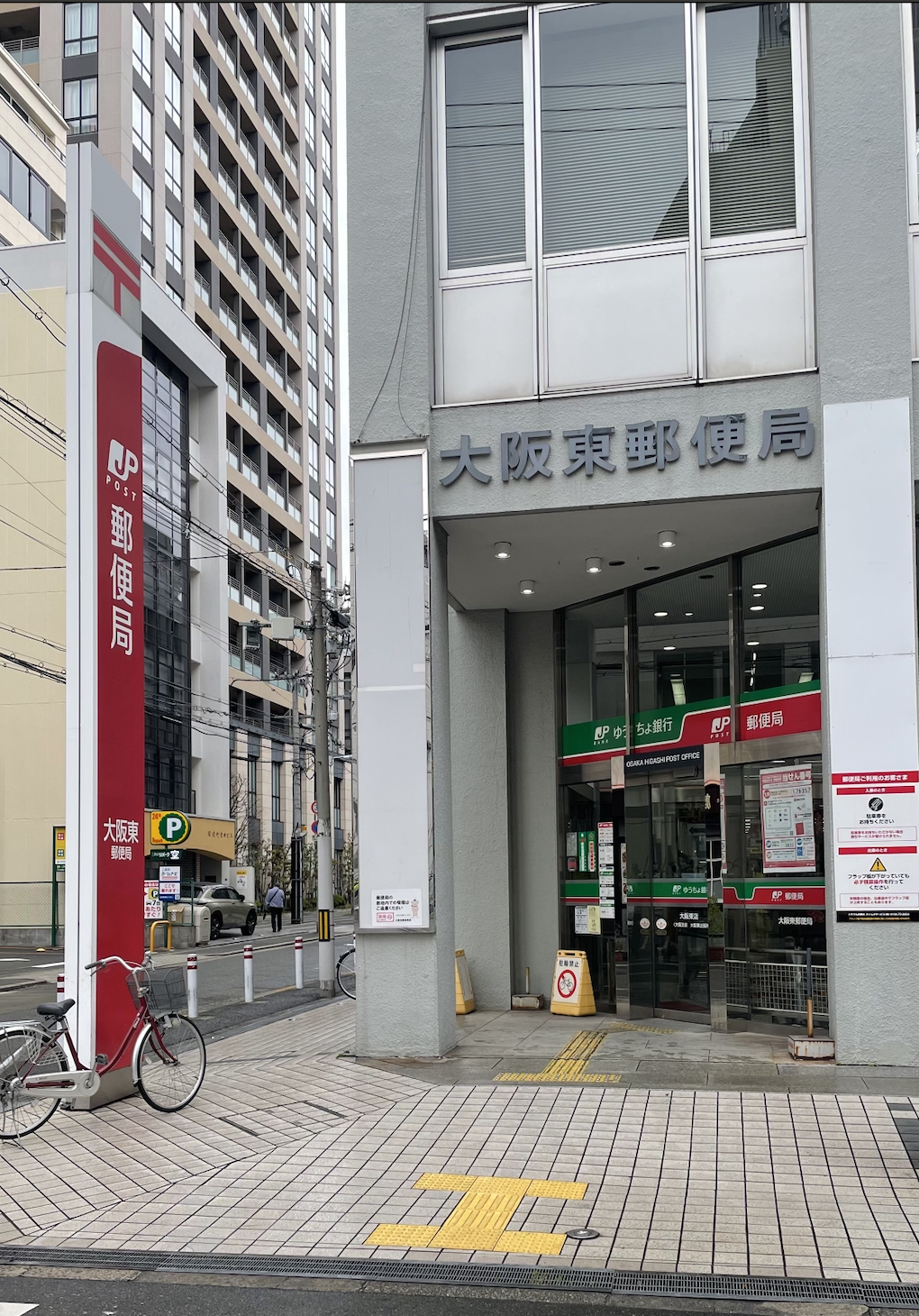

Account openings are available at selected JP Bank branches inside designated post offices. Required documents include:
- Residence Card (with registered address and 3+ months stay)
- Passport
- Name in Katakana
- Application form (provided on-site)
- Personal seal (Inkan) – optional but recommended
- Student or employee ID (if applicable)
Note: The address on the residence card must be current and registered.
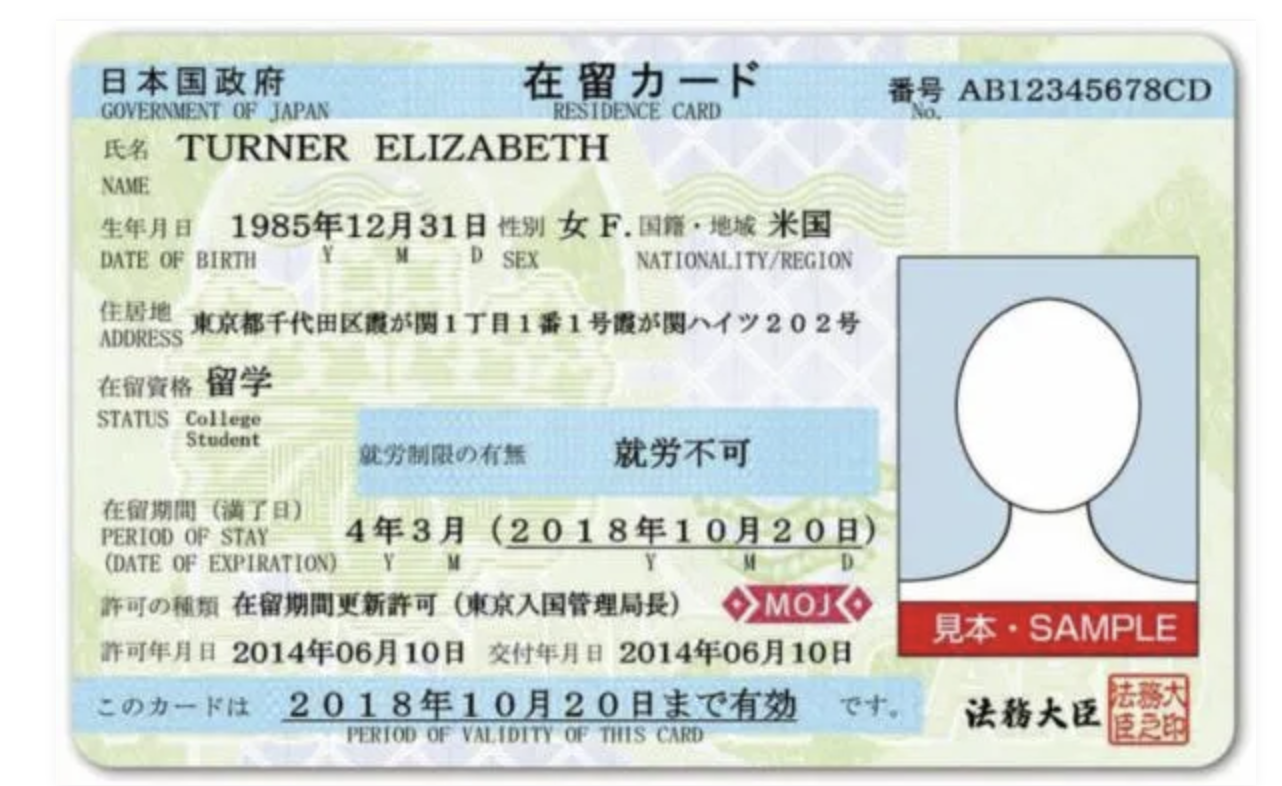

The bankbook (通帳) is often issued during the visit, while the cash card is delivered by mail within 1–2 weeks.
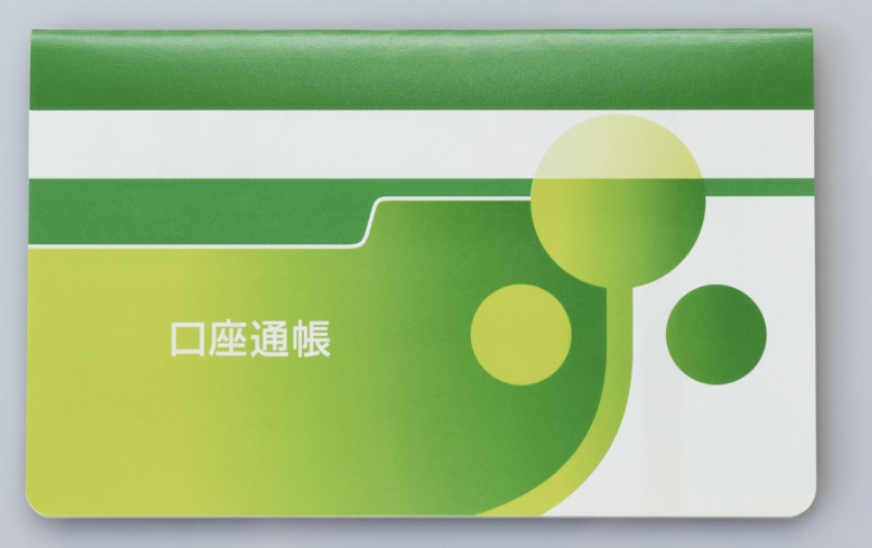

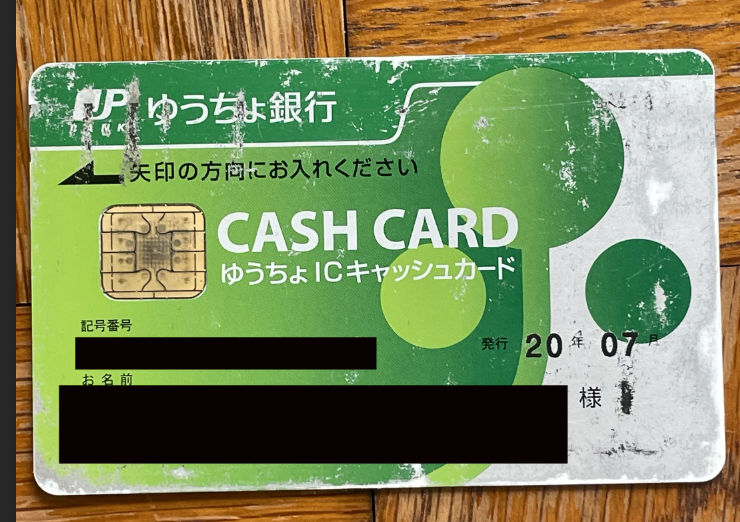
2. Online via Yucho Tetsuzuki App
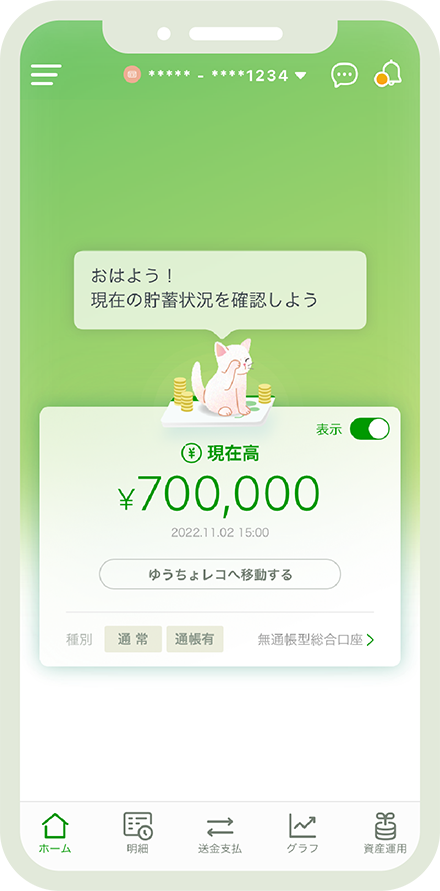

An account can also be opened online using the official Yucho Tetsuzuki app (available on iOS and Android). Requirements include:
- Smartphone (iOS/Android)
- Residence Card with a stay of over 3 months
- Email address
The process involves scanning ID documents and submitting personal information digitally. After approval, the cash card is delivered to the registered address.
Important Notes for Foreign Residents
Cash Card vs. Debit Card
The standard JP Bank account includes a cash card for ATM use, not a debit card. This card allows ATM withdrawals and balance inquiries but does not support store or online payments. A debit card must be applied for separately if needed.
Cash cards are sent via registered mail. Missed deliveries require redelivery requests; failure to complete redelivery may result in account suspension.
Setting Up Automatic Utility Payments
Utility bill auto-pay setup must be completed in person. Bring the following documents:
- Cash card
- Residence card
- Personal seal or signature
Major JP Bank Branches in Tokyo & Osaka
| City | Branch | Address | Nearest Station |
|---|---|---|---|
| Tokyo | Head Office | 2-3-1 Otemachi, Chiyoda-ku, Tokyo 100-8793 | Otemachi (Exit A5), Tokyo Station (7-min walk) |
| Tokyo | Tokyo Chuo Post Office | 2-7-2 Marunouchi, Chiyoda-ku, Tokyo | Tokyo Station |
| Osaka | Osaka Chuo Post Office | 1-3-1 Umeda, Kita-ku, Osaka (Ekimae Dai1 Bldg. B1) | Osaka Station |
| Osaka | Sakai City Office Branch | 3-1 Minamikawaramachi, Sakai-ku, Sakai-shi | Sakai Station (Nankai Line) |
- Stay must exceed 3 months (verified on Residence Card)
- Japanese is the primary language at branches; bring assistance if needed
- Accounts are for personal use only
ATM Access & Withdrawal Hours
JP Bank maintains over 31,000 ATMs across Japan, including in remote areas. ATM use is typically free during standard business hours.
| Day | Typical Operating Hours |
|---|---|
| Weekdays | 7:00 a.m. – 11:00 p.m. |
| Saturdays | 7:00 a.m. – 9:00 p.m. |
| Sundays & Holidays | 7:00 a.m. – 9:00 p.m. (varies by location) |
Some rural or smaller ATMs may follow reduced schedules. Additional fees apply when using ATMs of other banks or outside standard hours.
Pros & Cons of Japan Post Bank for Foreign Residents
| Pros | Cons |
|---|---|
| Extensive branch network across Japan | Limited English at most locations |
| Simple requirements for foreign residents | Online banking interface in Japanese |
| Online application option via app | Not ideal for international transfers |
| No monthly maintenance fees | Cash card only; debit card not standard |
| Accepted for salary and bill payments | Card delivery delays can freeze account |
Conclusion
Japan Post Bank remains a trusted, accessible, and low-barrier choice for foreign residents in Japan. With both in-branch and digital account opening, comprehensive ATM access, and transparent service options, JP Bank is ideal for long-term residents, workers, and students settling into life in Japan.
